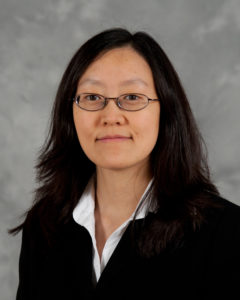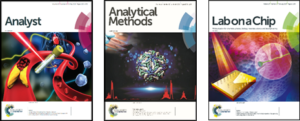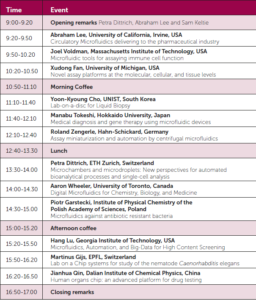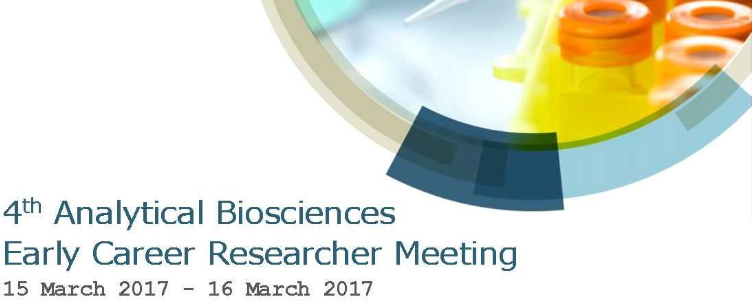Lab on a Chip and Dolomite are proud to sponsor the fifteenth Pioneers of Miniaturization Lectureship, to honour and support the up and coming, next generation of scientists who have significantly contributed to the understanding or development of miniaturised systems.
This year’s Lectureship will be presented at the online µTAS 2020 event with the recipient receiving a prize of US$2,000. The µTAS 2020 organisers have made the decision that the meeting will be held as an online event, 4-9th October 2020, and as a result the deadline for nominations for the Pioneers of Miniaturization Lectureship is 31st July 2020.
The Lectureship consists of the following elements:
- A prize of US$2,000. No other financial contribution will be offered
- A certificate recognising the winner of the lectureship
- The awardee is required to give a short lecture at the online µTAS 2020 event
Eligibility Criteria
To be eligible for the lectureship, candidates must:
- Have completed their PhD
- Be actively pursuing an independent research career on miniaturised systems.
- Be at an early-mid career stage of their independent career (typically this will be within 15 years of completing their PhD, but appropriate consideration will be given to those who have taken a career break or followed a different study path).
Nomination process
To be considered for the 2020 lectureship, the following must be sent to the Editorial Office
- A letter of recommendation with the candidate’s accomplishments and why the lectureship is deserved.
- The nominee must be aware that he/she has been nominated for this lectureship.
- A complete nomination form (includes list of the candidate’s relevant publications or recent work, candidate’s scientific CV, and full contact details)
- Nominations from students and self-nominations are not permissible.
Selection criteria and judging process
- Nominations must be made via email to loc-rsc@rsc.org using the Dolomite/Lab on a Chip Pioneers of Miniaturization Lectureship nomination form and a letter of recommendation.
- The decision on the winner of the lectureship will be made by a panel of judges comprising a representative from Dolomite and members from the Lab on a Chip Editorial Board, coordinated by the Executive Editor of Lab on a Chip.
- The award is for outstanding contributions to the understanding or development of miniaturised systems. This will be judged mainly through their top 1-3 papers and/or an invention documented by patents/or a commercial product. Awards and honorary memberships may also be considered.
Nomination Deadline: 31 July, 2020
Dolomite Microfluidics a leading provider of microfluidics-based solutions for a range of applications including drug encapsulation, droplet manufacture and particle generation. They manufacture complete systems as well as individual modular components to balance ease of use with flexibility.


















